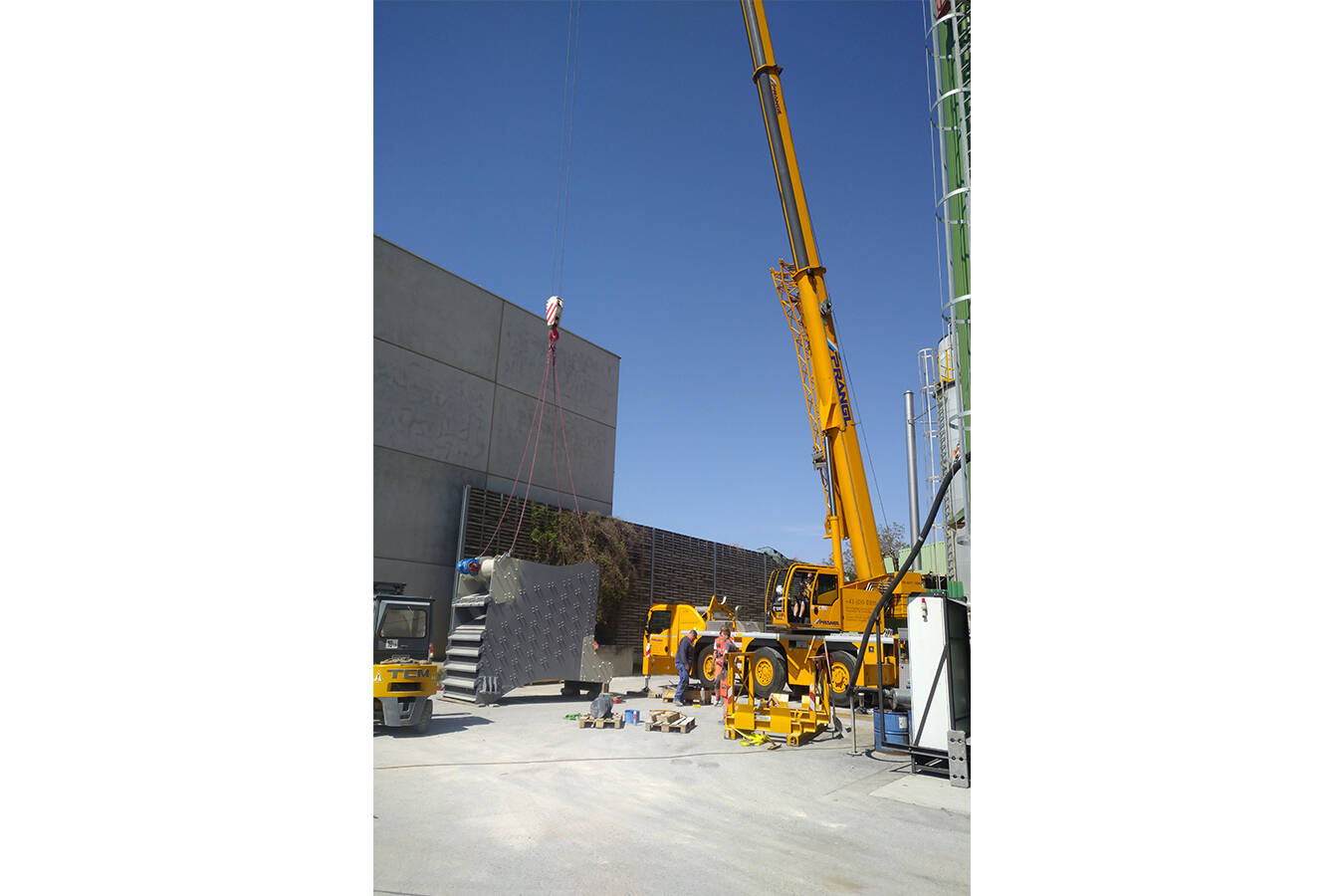FGD gypsum recycling: securing future supply
With coal plants being phased out the construction industry faces a gypsum supply challenge. Recycling becomes a crucial alternative.
The global shift away from coal-fired power plants has significantly impacted the availability of Flue Gas Desulfurization (FGD) gypsum, a byproduct of these plants. With coal plants being phased out, particularly in countries like Germany where a complete shutdown is expected by 2038, the construction industry faces a gypsum supply challenge. Currently, more than half of Germany’s gypsum demand, approximately four million tons annually, is met through FGD gypsum. As natural gypsum sources are limited, recycling becomes a crucial alternative, with an estimated three to four million tons of gypsum waste available for recovery. Globally, FGD gypsum production is projected to peak around 2030, declining thereafter, especially in Europe, Japan, and potentially the USA. This shift presents both challenges, such as rising gypsum costs due to reduced FGD output, and opportunities, including a growing recycled gypsum market projected to reach $3.21 billion by 2030.
Recycling with advanced screening techniques
Recycling FGD gypsum involves several key steps. Initially, gypsum waste is collected and sorted to remove impurities. The material is then crushed and screened to achieve the desired particle size. Screening, in particular, plays a vital role in ensuring the purity and quality of the recycled gypsum. Advanced screening technologies, such as those offered by RHEWUM, are essential in this process.
Gypsum recycling faces challenges due to the material’s unique properties, including its tendency to clump and fine particle size, as well as its mixture with other construction materials. These factors necessitate high-precision screening technology to achieve the required purity. RHEWUM’s screening machines with direct screen excitation by powerful electromagnets, such as RHEsono® and RHEsonox®, are specifically designed to address these issues. They employ high-force accelerations directly at the product and are equipped with automatic cleaning mechanisms to prevent product build-up and mesh clogging, thereby enhancing efficiency and reducing maintenance needs. Another advantage of direct screen excitation is the stationary machine housing. This design allows for tightly sealed flange connections and dust extraction systems, resulting in superior dust control and a significantly cleaner operating environment.
Investing in sophisticated screening technologies offers significant benefits, including improved separation efficiency and reduced operational costs, making the gypsum recycling process more economically viable and attractive for producers.
Our Screening Solutions
As the construction industry navigates the challenges of reduced FGD gypsum supply, embracing advanced recycling technologies is imperative. With over 100 machines built for gypsum processing, RHEWUM has the expertise to optimize your recycling operation. Manufacturers and recyclers are encouraged to invest in advanced screening solutions to enhance their recycling capabilities and ensure a sustainable supply of high-quality gypsum. Explore the potential of RHEWUM’s innovative screening technologies to boost your gypsum recycling processes today. Contact us to learn more about integrating these cutting-edge technologies into your production line.




